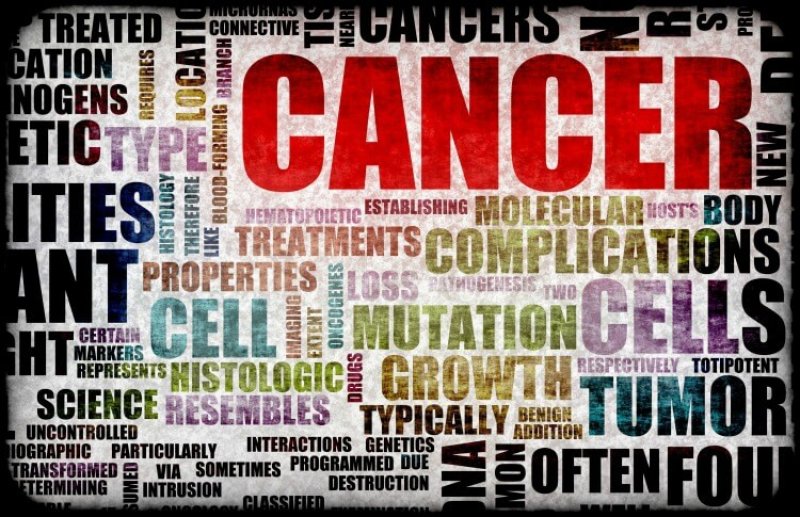Healthy cells are programmed to self-destruct if there are mistakes in their genes that can’t be fixed, but cancer cells can carry on growing with these abnormalities…But this genetic chaos can be exploited, as too much genetic re-assortment will push cancer cells into cancer cell death too.
Led by Professor Charles Swanton, the Francis Crick Institute scientists, part-funded by Cancer Research UK, have now found two ways that cancer cells are able to survive and grow with this chaos.
…
Scientists found that faults in the internal machinery, known as APC/C, helps cancer cells to slow down the division process, allowing them to avoid making an excessive number of mistakes when distributing chromosomes to daughter cells. This helps the cancer build up genetic diversity between cells within the tumor.
But when the researchers restored the machinery back to full speed in cancer cells, they made more genetic errors as they divided — ultimately meaning that they may no longer survive the chaos in their chromosomes.
…
“We hope that understanding these mechanisms will allow us to limit drug resistance and improve the efficacy of cancer therapies,” [Swanton said.]
The GLP aggregated and excerpted this blog/article to reflect the diversity of news, opinion, and analysis. Read full, original post: Researchers reveal how cancer cells cope with genetic chaos































